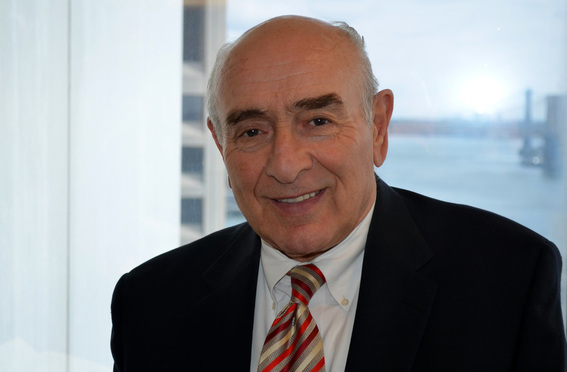Last month’s column, “Recent Expert Reliability Rulings,” NYLJ (Oct. 15, 2019), focused on a number of federal “gatekeeping” decisions under Daubert and Federal Evidence Rule 702. In this column, the focus shifts from the federal reliability test to the Frye and Parker (7 N.Y.3d 434 (2006)) expert reliability tests applied in the New York state courts. A July 30 trial court decision seems to teach valuable lessons for lawyers as it wrestles on how to decide an exquisite battle of expert opinions by well-qualified neurologists. Litigators may well take sides on this interesting one.
Background
Guillain-Barré Syndrome (GBS) is a neurological disorder in which the body’s immune system attacks part of the peripheral nervous system. The onset can be quite sudden and unexpected. The disorder can develop over a few days or may take up to several weeks. By the third week, 90 percent of all patients are at the weakest point in their illness. GBS afflicts about one person in 100,000. Men and women can be affected equally.


 Michael Hoenig
Michael Hoenig




